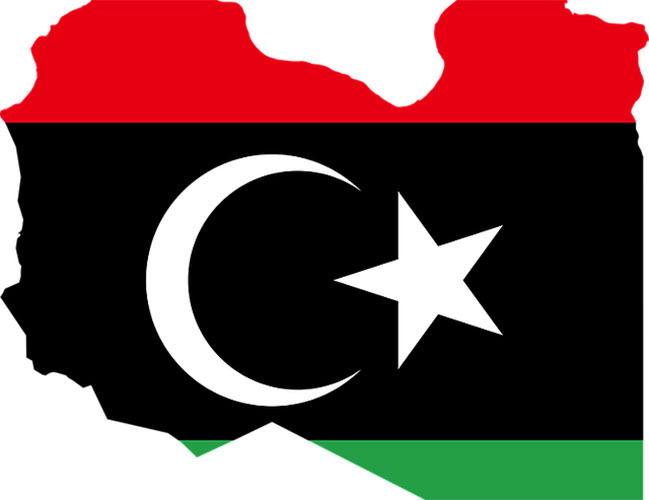Tripoli – Representatives of war-torn Libya’s rival administrations on Thursday signed an agreement to name a new governor for the beleaguered central bank that could restore economically vital oil production, the UN said.
Tensions and violence have risen since early August around the central bank in oil-rich Libya, which is split between a UN-recognised government in the west and a rival power in the east, prompting governor Seddik al-Kabir to flee the country.
The United Nations mission in Libya, UNSMIL, said that under the deal signed in the capital Tripoli, both sides will come together to appoint a new bank governor within a week, and a board of directors up to two weeks later.
Representatives from the eastern-based parliament and the Tripoli-based High Council of State signed the agreement at the UNSMIL offices in presence of UN and Libyan officials, the mission said.
Libya is struggling to recover from years of conflict after the 2011 NATO-backed uprising that overthrew longtime dictator Moamer Kadhafi.
It remains split between the UN-recognised government led by Prime Minister Abdulhamid Dbeibah and the rival administration in the east backed by military strongman Khalifa Haftar.
In early August, a group of men, some armed, laid siege to the central bank building demanding the Kabir’s removal. He later told the Financial Times he had fled Libya.
On August 18, the central bank announced the suspension of all operations following the abduction of its information technology chief, who was eventually released.
Days later, the eastern-based administration accused an “outlaw group” close to Dbeibah’s government of having forcibly taken over the bank and subsequently announced it was suspending operations across oil fields and terminals in areas under its control.
This has cut crude production almost by half, according to the National Oil Company, with daily output dwindling to around 600,000 barrels.
Speaking at the signing ceremony on Thursday, Stephanie Koury, the acting head of UNSMIL, called for oil production to be restored in full.
“It is of utmost importance that all parties preserve Libya’s resources and sovereign institutions, and keep them out of the circle of political conflict and factional interests,” she said.
Follow African Insider on Facebook, Twitter and Instagram
Source: AFP
Picture: Pixabay
For more African news, visit Africaninsider.com


